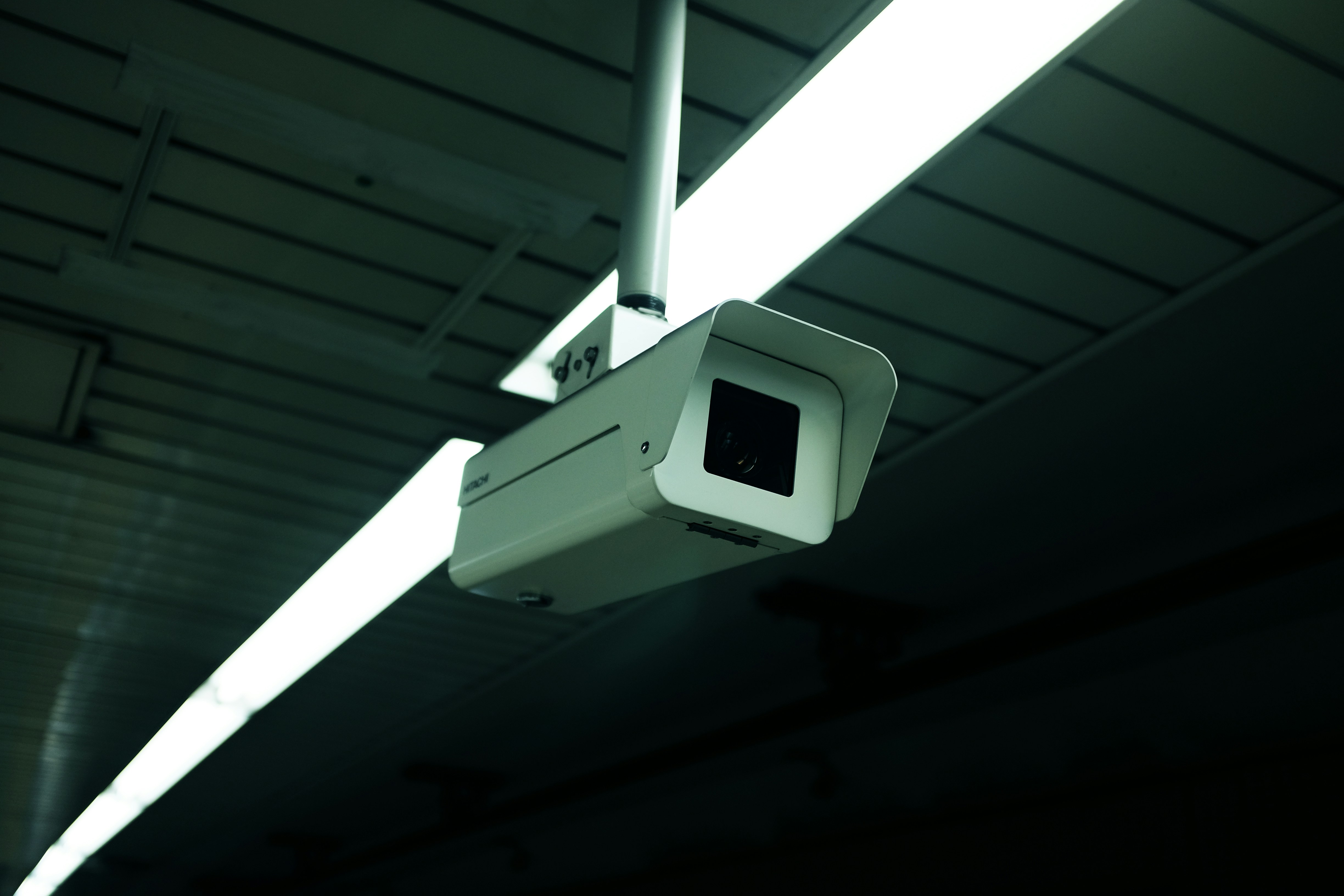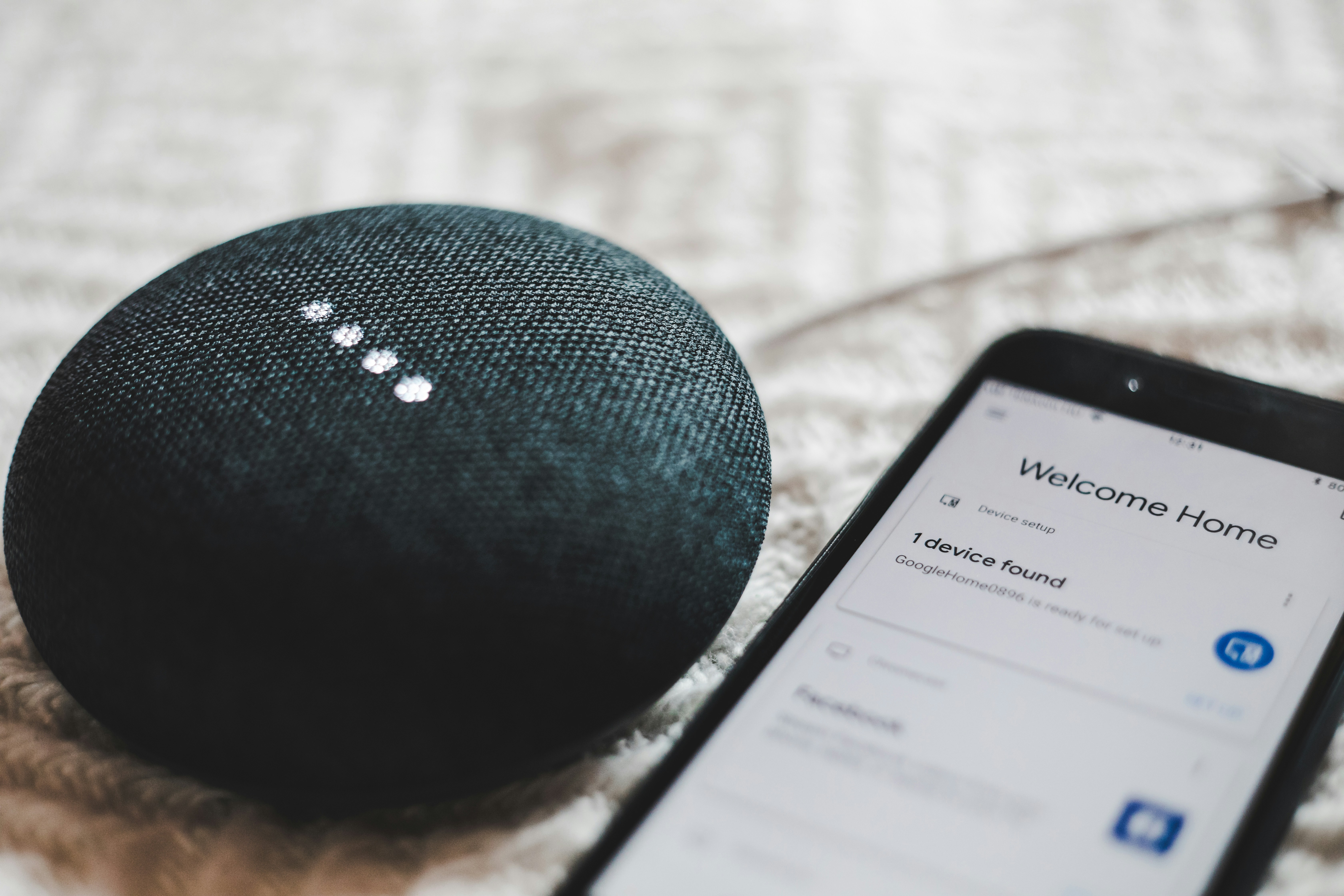
CCTV Basics: An Overview of Key Componen...

Fixr Technologies
January 20, 2025
3 mins
Introduction
Imagine spending hours in traffic only to get home to a hot stuffy house or you being able to switch on your air conditioner thirty minutes before you get home. Or you're going home with your crush and can select his/her song playing just as you approach the door.
Soft life uhn?!
In today’s fast-paced world, convenience and efficiency are key, and nothing embodies this more than a smart home. With smart home technology, you can control various aspects of your home with just a tap on your smartphone or a simple voice command. However, for many people, the concept of a smart home still seems complicated and overwhelming. I’m here to guide you through the basics and help you kickstart your automation journey.
Body
1. Understanding the Basics of a Smart Home
A smart home is equipped with internet-connected devices that allow you to control and monitor various functions such as lighting, security, heating, and entertainment systems. These devices can be operated remotely through a smartphone app or voice commands using virtual assistants like Amazon Alexa, Google Assistant, or Apple’s Siri.
2. Key Components of a Smart Home
To build a smart home, you’ll need to consider the following key components:
- Smart Hub: The central controller that connects all your smart devices. Popular options include Amazon Echo, Google Nest Hub, and Samsung SmartThings Hub.
- Smart Lights: LED bulbs that can be controlled remotely, set on schedules, or adjusted for different moods and activities.
- Smart Thermostats: Devices like the Nest Learning Thermostat that allow you to control your home’s heating and cooling systems for optimal energy efficiency.
- Smart Security Systems: Cameras, doorbells, and locks that provide enhanced security and allow you to monitor your home from anywhere.
- Smart Plugs and Outlets: These allow you to control non-smart devices by plugging them into smart outlets.
- Smart Appliances: From refrigerators to washing machines, smart appliances offer advanced features and remote control capabilities.
3. Steps to Start Your Smart Home Journey
- Assess Your Needs: Determine what aspects of your home you want to automate and prioritize based on your lifestyle and needs.
- Choose a Hub: Select a smart hub that is compatible with the devices you plan to use.
- Start Small: Begin with a few key devices, such as smart lights or a smart thermostat, and gradually expand your system.
- Ensure Compatibility: Make sure all your devices are compatible with your chosen hub and each other.
- Professional Installation: For more complex installations, consider hiring a certified professional to ensure everything is set up correctly and safely.
Conclusion
Embarking on your smart home journey can transform your living space into a more convenient, efficient, and secure environment. By understanding the basics and starting with a few key components, you can gradually build a smart home that suits your needs and lifestyle.
For the best smart home installation and maintenance services, you can contact Fixr. We offer reliable, affordable, and 24/7 service to help you achieve the smart home of your dreams.
Contact Fixr:
Website: usefixr.com
Social media: @usefixr
Start your smart home journey today with the best service you deserve.

CCTV Basics: An Overview of Key Componen...

10 Common Heating, Ventilation, and Air ...

Smart Home 101: Where to Begin Your Auto...
Fixr Technologies 2025